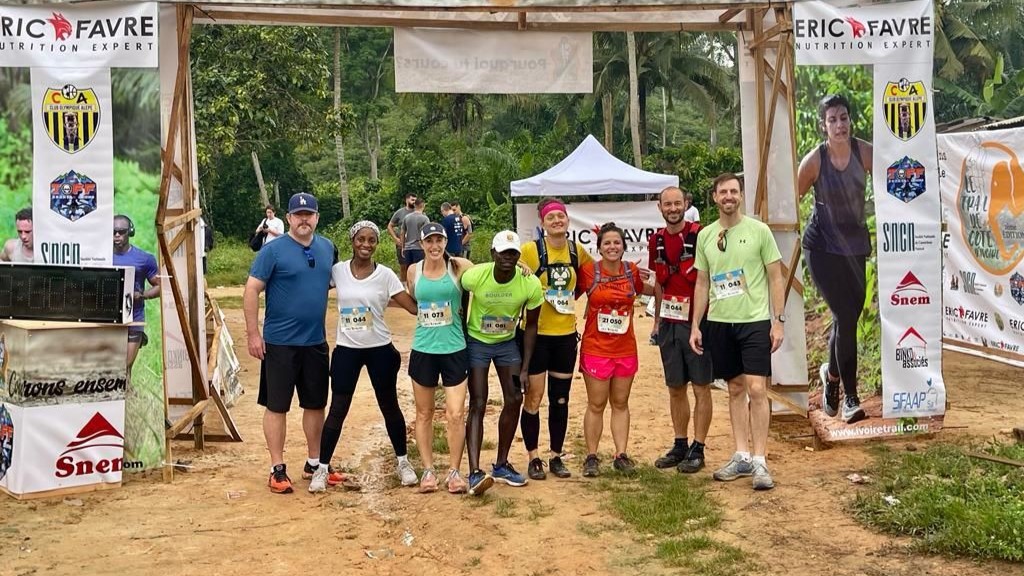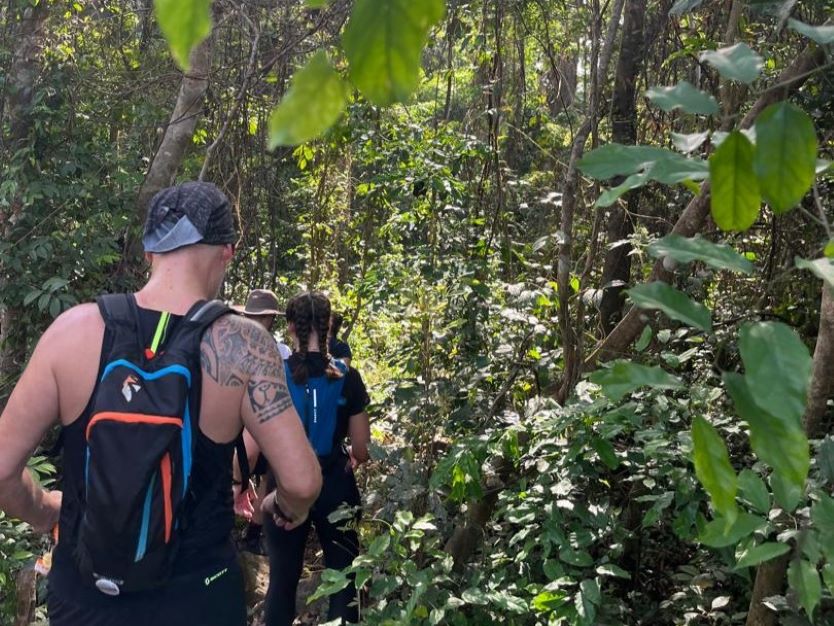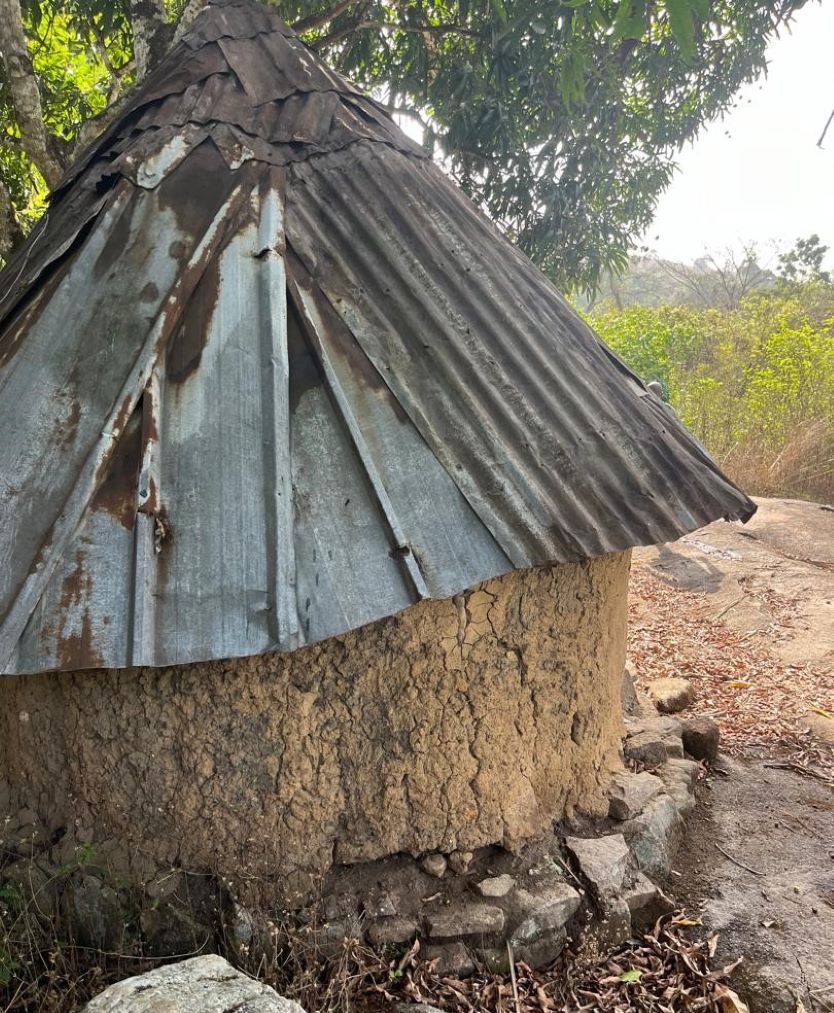[Editor’s Note: This month’s Community Voices article was written by iRunFar reader and runner, Seth Luxenberg, who works for the U.S. Embassy in Abidjan, Côte d’Ivoire. The views expressed in this article are the author’s and do not reflect the views of the U.S. Government.]
I’m 10 kilometers right into a 15k race in western Côte d’Ivoire. I’m beginning to fade because the humidity is round 80%, though fortunately it’s not as sizzling as a typical race in tropical Côte d’Ivoire, as we’re working in the hills surrounding the long-lasting “Tooth of Man” mountain. A farmer strolling in the wrong way on the identical path provides me a contemporary mango from his sack. I’m undecided why, however I say “no.” Turning down that mango is my largest remorse from this race, however I actually don’t remorse coming to western Côte d’Ivoire to run on farm paths between mango timber and cassava farms.
In 2021, a bunch of Ivoirian associates got here up with the concept for the Ivoire Trail. I just lately sat down with three of these associates, Judith Bidy, Kangoute Saindou, and Claver Gballou, to debate this venture’s origins, challenges, and accomplishments. They weren’t path runners, only a group of younger professionals who appreciated sports activities and seen that there weren’t any organized path races in West Africa between South Africa and Senegal. As Ivoirians, they know that their nation is roofed in paths which are good for path working.
Much of the nation is roofed in small farm plots, often round three to 5 acres. Côte d’Ivoire is usually recognized for cocoa, because it produces round 40% of the world’s provide (though that provide is threatened by irregular rainfall attributable to local weather change), however there are lots of cassava, rubber, and palm farms to run by as effectively. Naturally, farmers have created paths to get to their farms and these paths make the proper programs for path runs.
The group of associates began organizing races on these paths by the villages in 2021. They manage almost one race per thirty days, and they’re but to repeat a course and even return to the identical village. I’ve participated in seven races and each time there’s something new: a herd of cattle going the other means, a sequence of difficult stream crossings the morning after a tough rain, a farming household stunned to see us miles from any village, or a farmer providing a contemporary mango.
Most of the races are inside an hour’s drive of Abidjan, Côte d’Ivoire’s financial capital. However, yearly the organizers attempt to host a marquee race someplace else in the nation. Last yr’s was in western Côte d’Ivoire circling the “Tooth of Man.” Future marquee races might be in nationwide parks or goal fascinating elements of the nation.
The first race in 2021 attracted round 50 members and so they have grown steadily since then — the October 2024 race had round 300 members. It’s a various group too, with round 5 to 10% Ivoirians, however tons of folks from elsewhere in Africa, particularly Morocco and Tunisia, in addition to massive teams from France and Lebanon and small teams from different international locations.
It takes lots of work to arrange these races. These volunteer organizers must develop the programs, arrange support stations in distant areas (they supply wages for round 30 folks per race), and in this age of social media, take photographs of the members. The support stations have fruit and water and are often at factors alongside the course that may be accessed by bike. My favourite half of each race is the ice-cold native juices served on the end line: Ivoirian spins on hibiscus, lemon, ginger, and tamarind.

A fast group shot underneath the gantry earlier than and Ivoire Trail race will get underneath means. Photo: Brian Pendergast
It’s been a pleasure to look at this cool, scrappy group create a brand new course almost each month, and enhance their group every time. The payoff is implausible. Racing amongst the cocoa timber; what might be higher?
Call for Comments
Have you run in Côte d’Ivoire? How was your expertise?



